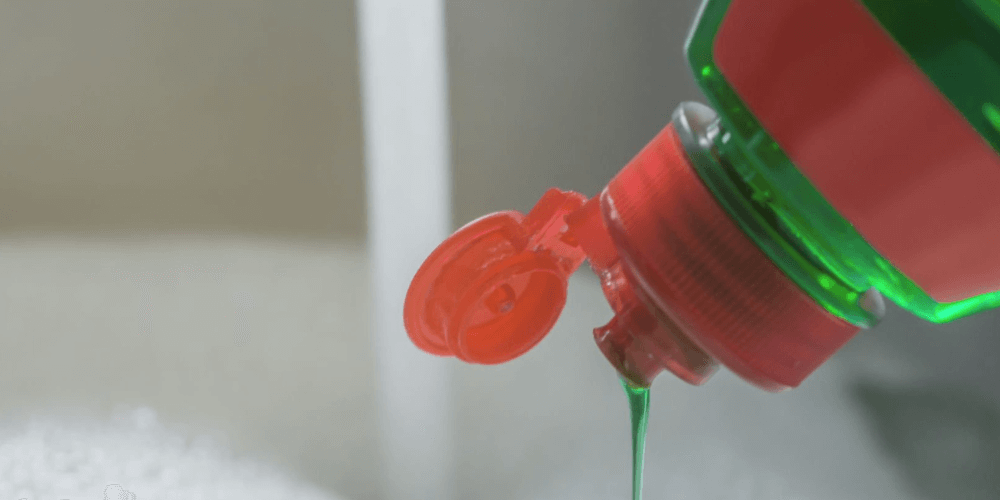When it comes to choosing a knife set, the material of the knives is a crucial factor to consider. The material not only determines the performance of the knife but also its longevity and maintenance requirements.
This micro-post will explore the different materials used in budget-friendly knife sets and their pros and cons.
In This Article
- Understanding Knife Materials
- Stainless Steel Knives
- High-Carbon Steel Knives
- Ceramic Knives
- Titanium Knives
- Damascus Steel Knives
- VG-10 Steel Knives
- Laminated Steel Knives
- Choosing the Right Knife Material
- Frequently Asked Questions
- Conclusion
- Further Reading
Understanding Knife Materials
Knife materials play a significant role in the knife's performance, durability, and maintenance. The most common materials used in budget-friendly knife sets include stainless steel, high-carbon steel, ceramic, titanium, Damascus steel, VG-10 steel, and laminated steel. Each of these materials has unique properties that make it suitable for specific tasks in the kitchen.
Stainless Steel Knives
Stainless steel is one of the most common materials used in budget-friendly knife sets. It is known for its durability, rust resistance, and ease of maintenance. However, stainless steel knives may not hold their edge as well as other materials, requiring more frequent sharpening.
High-Carbon Steel Knives
Knives made from high-carbon steel are renowned for their superior sharpness and ability to maintain a keen edge. They are harder than stainless steel knives, which allows them to maintain a sharp edge for longer. However, they are more prone to rust and require more care and maintenance.
Ceramic Knives
Ceramic knives are incredibly sharp and can maintain their edge for a long time without the need for sharpening. They are also lightweight and easy to handle. However, ceramic knives tend to be brittle and can chip or break if treated poorly or used on hard foods.
Titanium Knives
Titanium knives are lightweight, strong, and resistant to corrosion. They are also flexible, making them great for tasks that require precision. However, they are not as hard as steel knives and may not hold their edge as well.
Damascus Steel Knives
Knives crafted from Damascus steel are recognized for their striking patterns and extraordinary cutting precision. They are made by folding several layers of steel together, resulting in a durable and sharp blade. However, they can be quite expensive and require careful maintenance to prevent rust.
VG-10 Steel Knives
VG-10 steel, originating from Japan, is celebrated for its remarkable ability to maintain a sharp edge over time. It is also resistant to rust, making it a great choice for kitchen knives. However, VG-10 steel knives can be more expensive than other types of steel knives.
Laminated Steel Knives
Laminated steel knives combine the best properties of different steel types. The core of the knife is usually made of hard steel for a sharp edge, while the outer layers are made of softer steel for durability. These knives offer excellent performance, but they can be quite pricey.
Choosing the Right Knife Material
Choosing the right knife material depends on your needs, preferences, and budget. A stainless steel knife might be the best choice if you want a durable and low-maintenance knife.
If you prioritize sharpness and edge retention, consider high-carbon steel or VG-10 steel knives. A ceramic or titanium knife might be suitable if you want a lightweight and sharp knife.
Remember, no matter what material you choose, proper care and maintenance are crucial to ensure your knives last long.
Frequently Asked Questions
What is the best material for kitchen knives?
The best material for kitchen knives depends on your specific needs and preferences. If you want a knife that is durable and easy to maintain, stainless steel might be the best choice. High-carbon or VG-10 steel might be more suitable if you prioritize sharpness and edge retention.
Are ceramic knives better than steel knives?
Ceramic knives are incredibly sharp and can maintain their edge for a long time without the need for sharpening. However, they tend to be more brittle and can break or chip if dropped or used on hard foods. On the other hand, steel knives are more durable and versatile but require more maintenance.
Are titanium knives good?
Titanium knives are lightweight, strong, and resistant to corrosion. They are also flexible, making them great for tasks that require precision. However, they are not as hard as steel knives and may not hold their edge as well.
What is Damascus steel?
Damascus steel is a type of steel commonly known for its beautiful patterns and exceptional sharpness. It is made by folding several layers of steel together, resulting in a durable and sharp blade.
Conclusion
Choosing the right material for your knife set is crucial to ensure you get the best performance and value for your money.
Whether you choose stainless steel, high-carbon steel, ceramic, titanium, Damascus steel, VG-10 steel, or laminated steel, remember that giving your knives the proper care and maintenance ensures they last long.
Further Reading
- Maintaining Your Knife Set: Longevity Tips: Learn how to extend the lifespan of your knife set with this detailed guide on knife care, including cleaning and sharpening tips.
- Smart Selection: Choosing a Budget-Friendly Knife Set: This article guides you through the process of selecting a knife set that offers both quality and value, helping you make a smart choice.
- For comprehensive insights on knife care, don't miss the article 'What to Keep in a Knife Maintenance Tool Kit' by KPL.
- If you want explore budget-friendly knife sets, don't forget to check out our article on the best knife sets under $100.



